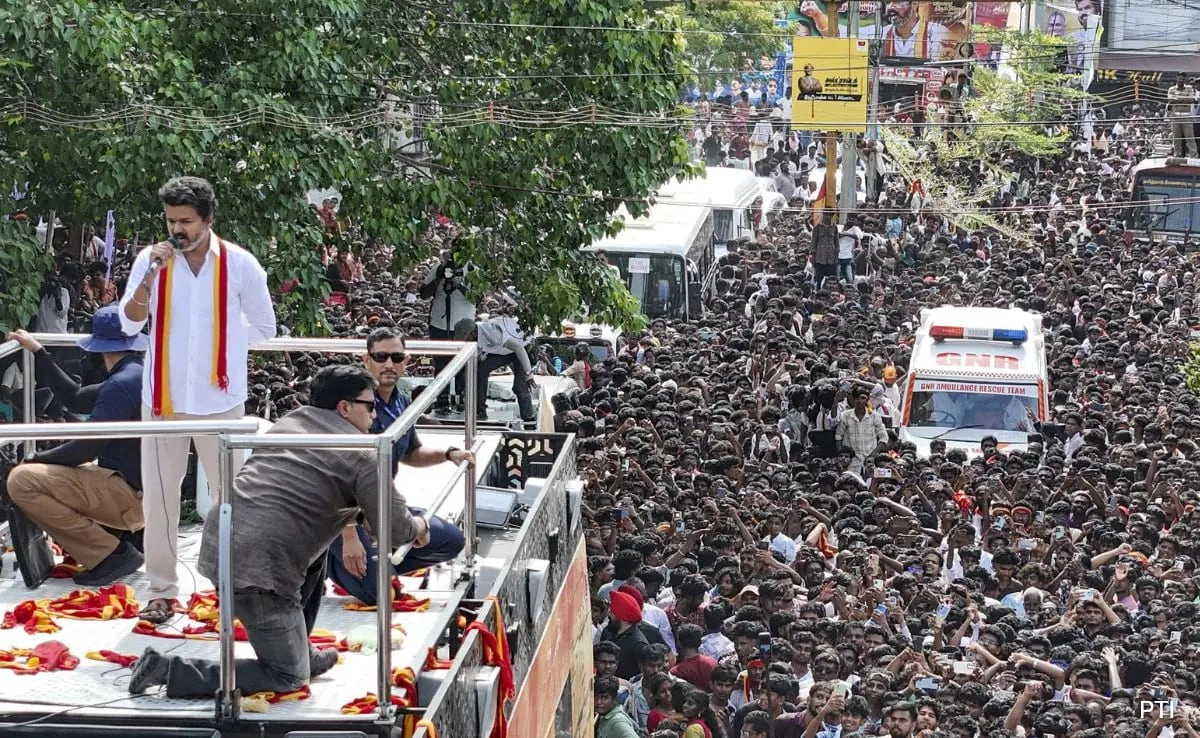In a recent exchange that has captured public attention, DK Shivakumar, a prominent leader of the Indian National Congress and the Karnataka Pradesh Congress Committee President, labeled Annamalai, the state president of the Bharatiya Janata Party (BJP) in Tamil Nadu, as a “poor man.” This remark was made during a political rally where Shivakumar sought to criticize the opposition party’s leadership and their governance strategies. His choice of words aimed to diminish Annamalai’s stature and influence, suggesting that he lacks the resources or capability to effectively lead the opposition in the state. This kind of personal attack is not uncommon in political discourse, where leaders often seek to undermine their opponents’ credibility through derogatory remarks.
In response to Shivakumar’s comments, Annamalai did not hold back. He took to social media platforms to address the allegations, asserting that wealth and material possessions do not define a person’s worth or capability in public service. Annamalai emphasized his commitment to serving the people of Tamil Nadu and highlighted his journey as a leader, which he believes resonates with the common man. He asserted that true leadership is not measured by one’s financial status but by the ability to connect with the electorate and address their concerns effectively. This back-and-forth highlights the ongoing rivalry between the two parties, which has been marked by sharp exchanges and personal jabs.
The exchange between Shivakumar and Annamalai underscores the intense political climate in India, particularly in states like Karnataka and Tamil Nadu, where regional parties often engage in fierce competition for influence. As elections approach, such confrontations are likely to escalate, with both parties striving to solidify their bases and attract undecided voters. The rhetoric used by leaders like Shivakumar and Annamalai serves not only to galvanize their supporters but also to sway public opinion in their favor. Ultimately, these personal attacks can shape the narrative surrounding each party, influencing voter perceptions and their decisions at the polls.
In a broader context, the incident reflects the challenges that politicians face in maintaining decorum while engaging in political discourse. As the stakes rise, leaders may resort to personal insults or derogatory remarks, which can detract from substantive policy discussions. This trend raises questions about the state of political debate in India and the impact it has on democratic processes. As parties continue to navigate this landscape, voters are left to decipher the underlying messages and determine which leaders align with their values and aspirations for the future. The ongoing rivalry between Shivakumar and Annamalai serves as a microcosm of the larger political dynamics at play in the country.




